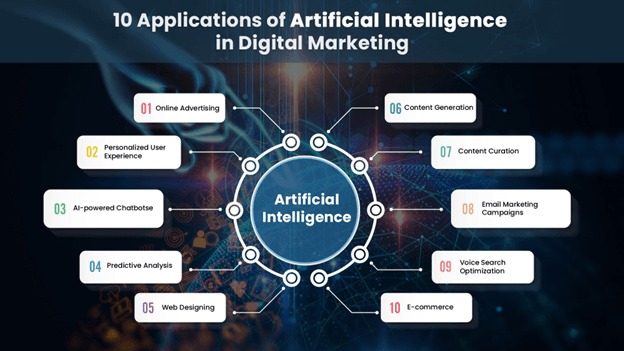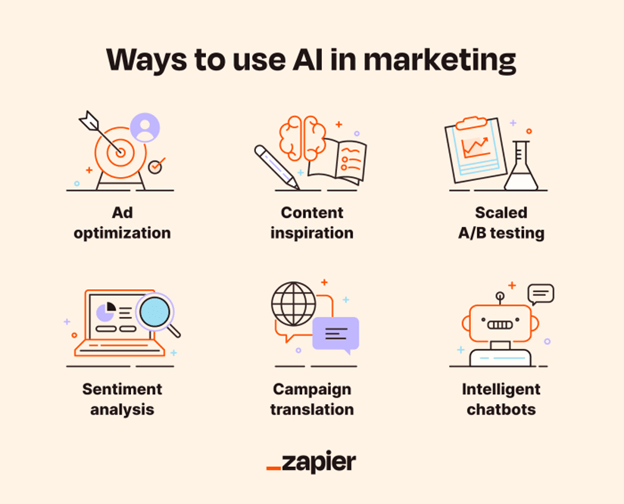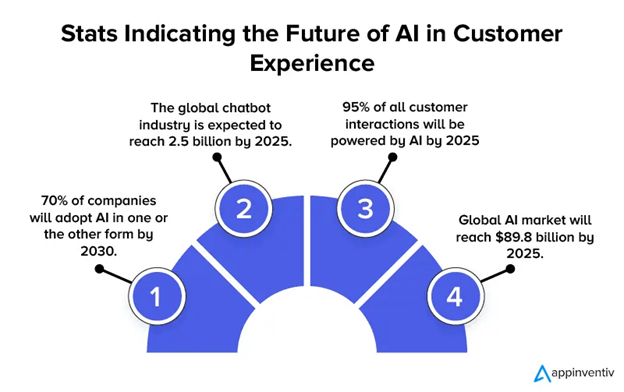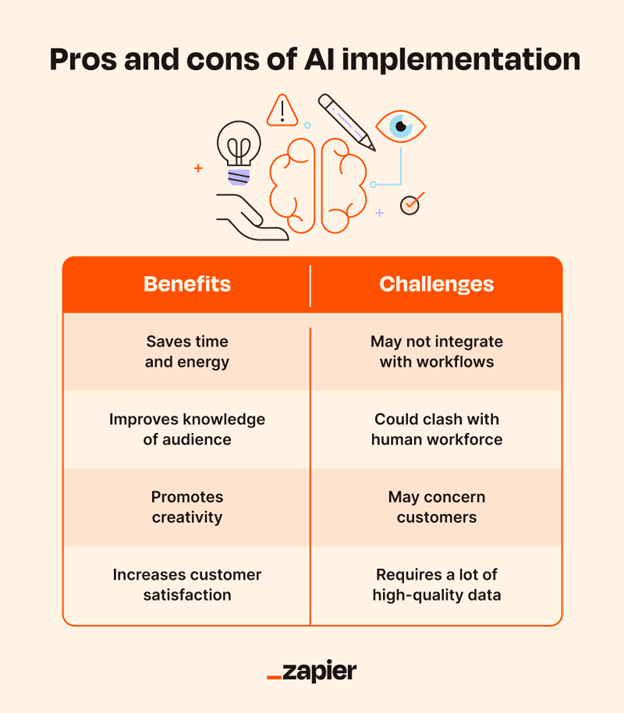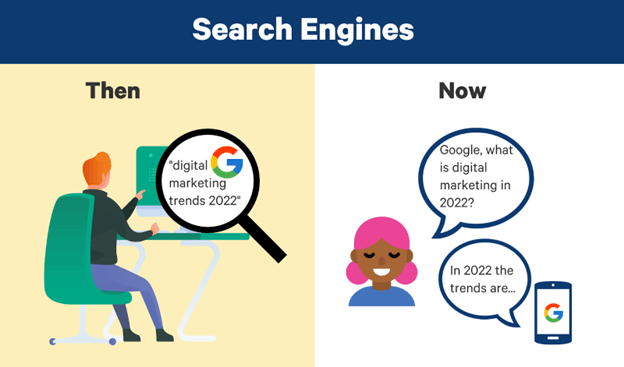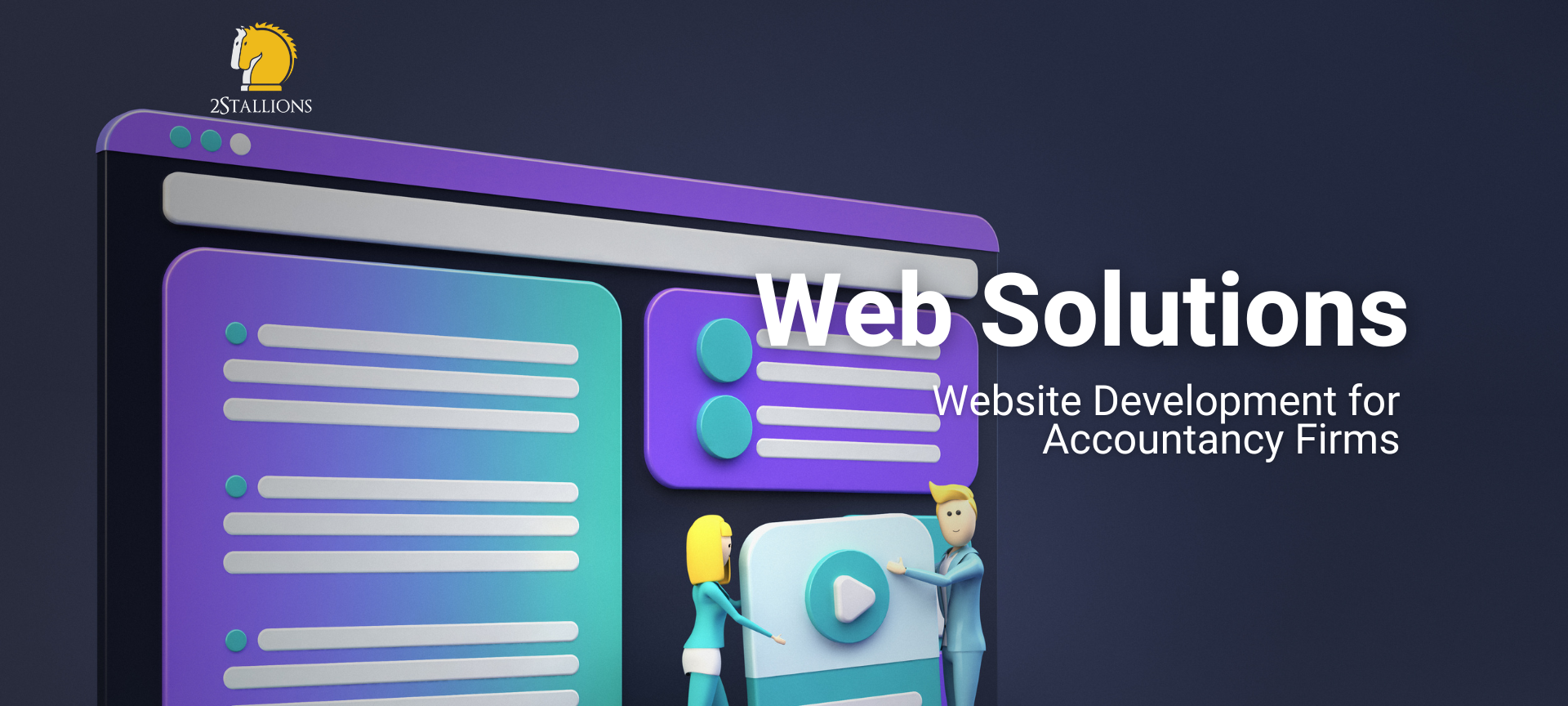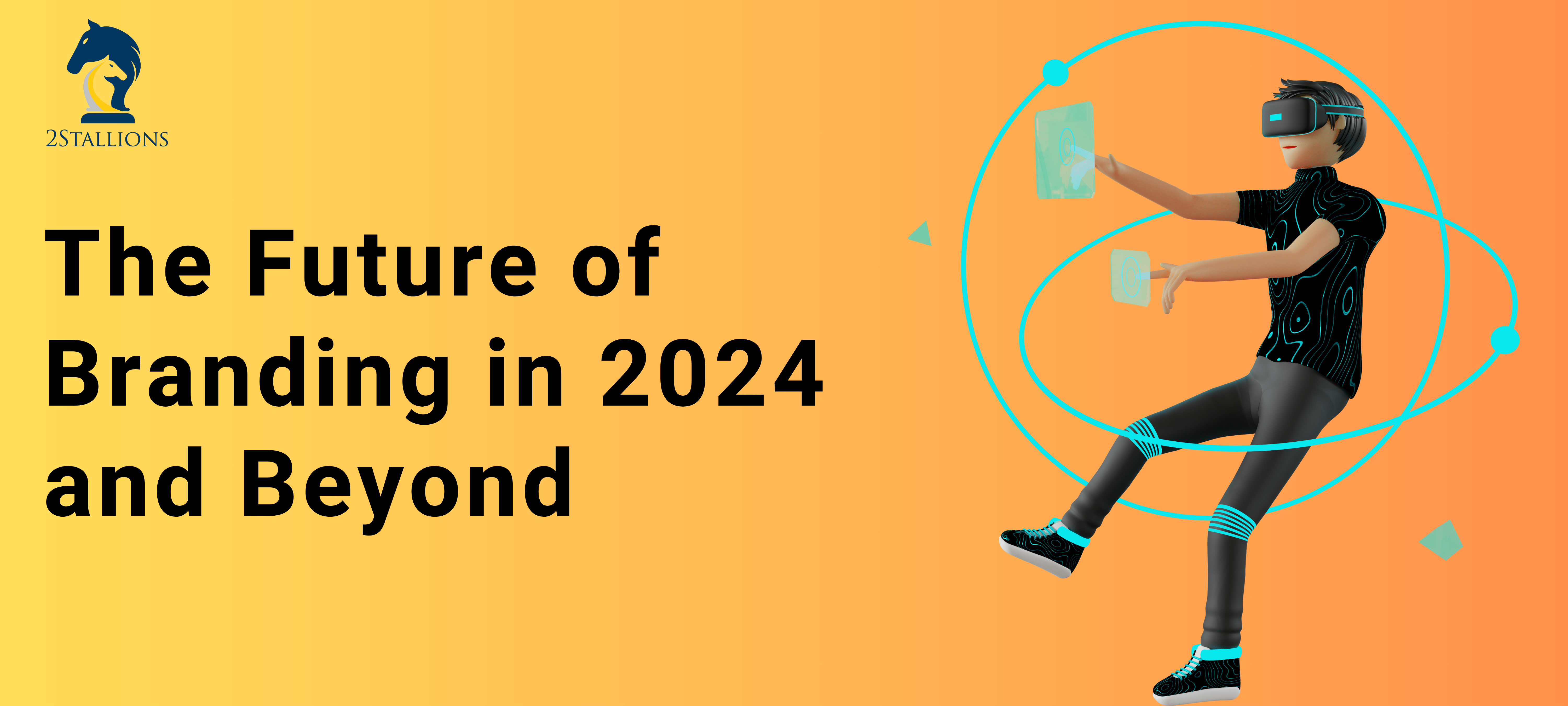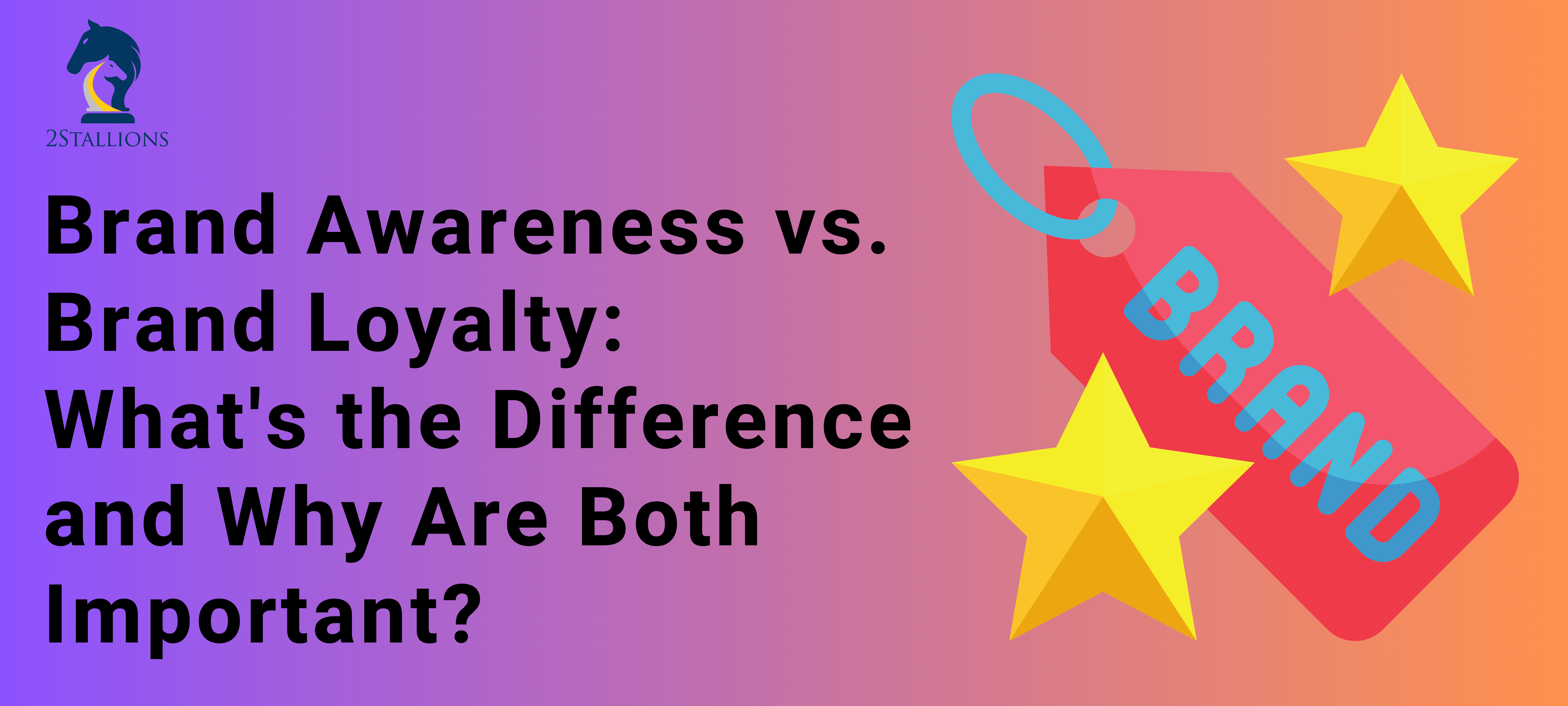SHARE
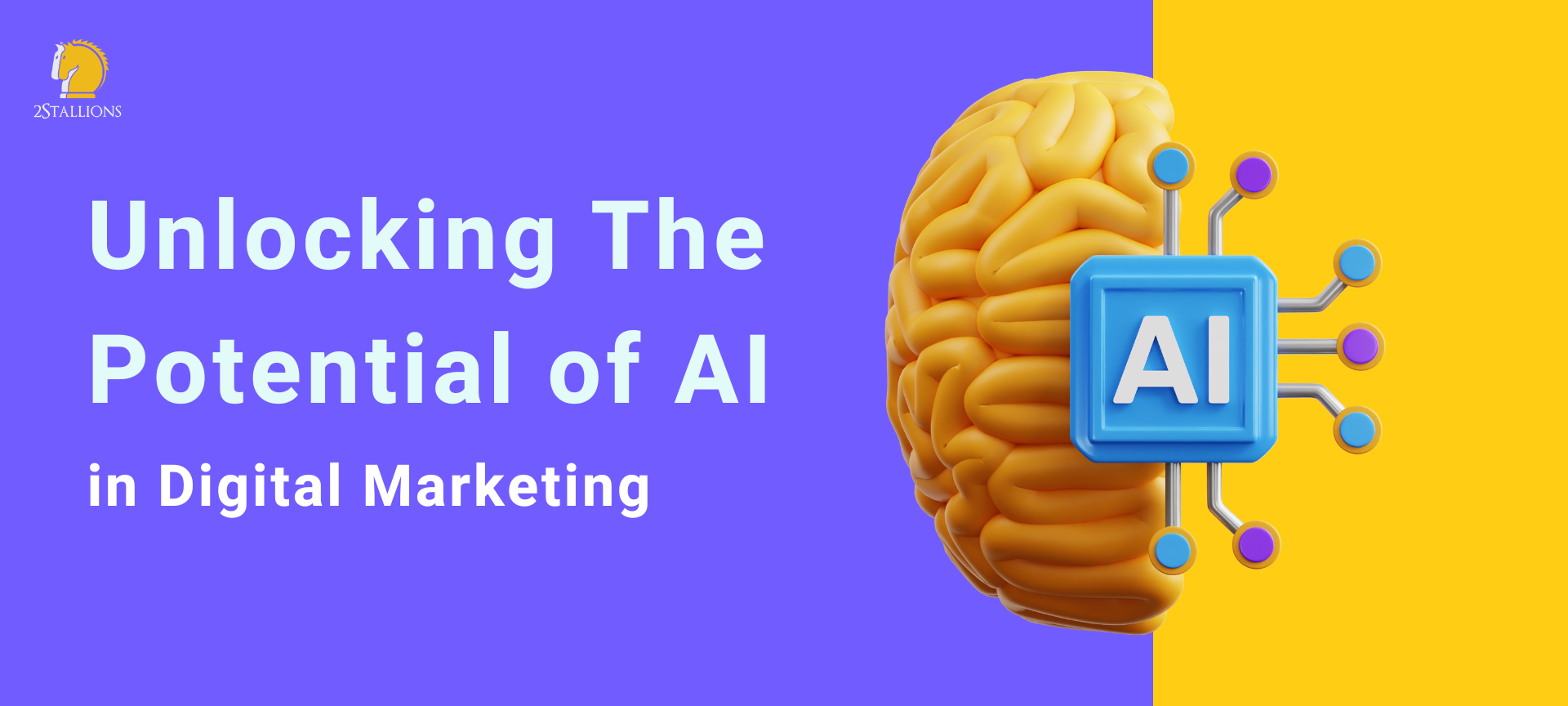
In today’s digital age, the world of marketing is constantly evolving. As technology becomes increasingly sophisticated, businesses embrace new tools and strategies to stay ahead. One such tool is artificial intelligence (AI), which has revolutionised various industries, including digital marketing. By harnessing the power of AI in your marketing efforts, you can unlock a plethora of opportunities and take your business to new heights.
Understanding the Concept of Digital Marketing AI
Before diving into the benefits and challenges of implementing AI in your digital marketing strategy, it is essential to grasp the basics of artificial intelligence in marketing. AI refers to the capability of machines to imitate human intelligence and perform tasks that traditionally require human intelligence, such as problem-solving, decision-making, and language processing. In the context of digital marketing, AI algorithms analyse data from various sources, identify patterns, and make predictions to optimise marketing campaigns and improve customer experiences.
The Basics of Artificial Intelligence in Marketing
Artificial intelligence, at its core, relies on machine learning algorithms. These algorithms enable systems to learn from historical data, adapt to changing circumstances, and make intelligent decisions. In marketing, AI algorithms analyse vast amounts of data, such as customer demographics, purchase habits, and online behaviour, to identify trends and patterns humans find challenging to detect. This data-driven approach allows marketers to segment their target audiences more effectively and personalise their marketing efforts.
The algorithms used in AI systems are designed to process and analyse data in ways that humans cannot. They can identify hidden correlations and patterns that might not be apparent to the human eye. This ability to uncover valuable insights from vast amounts of data is a game-changer for marketers. Imagine a scenario where a company wants to launch a new product and needs to identify the most suitable target audience. With traditional marketing methods, this would involve conducting surveys, analysing market research reports, and relying on intuition.
However, with AI, marketers can leverage machine learning algorithms to analyse vast amounts of data from various sources, including social media, online forums, and customer databases. By doing so, they can identify patterns and preferences that would have otherwise gone unnoticed. AI algorithms can adapt to changing circumstances and make real-time adjustments to marketing campaigns. For example, suppose a particular ad is not performing well with a specific audience segment. In that case, AI can quickly identify this and optimise the campaign by adjusting the targeting parameters or changing the creative elements. This level of agility and responsiveness is a significant advantage of AI in marketing.
The Role of AI in Digital Marketing
The role of AI in digital marketing is vast and far-reaching. It can automate repetitive tasks such as data analysis, social media scheduling, and email marketing. AI-powered chatbots streamline customer service by providing instant responses to queries and offering personalised recommendations. Additionally, AI can optimise ad targeting by identifying the most relevant audiences and optimising bids in real-time based on user behaviour. AI can even predict customer preferences to deliver personalised content, increasing engagement and conversions.
One area where AI has made a significant impact is in customer service. With the help of AI-powered chatbots, businesses can provide round-the-clock support to their customers. These chatbots can handle various queries, from basic information requests to more complex troubleshooting. By leveraging natural language processing capabilities, AI chatbots can understand and respond to customer queries conversationally, mimicking human interactions. This improves customer satisfaction and frees human resources to focus on more complex tasks. Another way AI enhances digital marketing is its ability to analyse and interpret vast data.
In today’s digital landscape, businesses can access overwhelming customer data. AI algorithms can use this data to identify valuable insights for marketing strategies. For example, AI can analyse customer demographics, purchase history, and online behaviour to create detailed customer profiles. This information can personalise marketing messages and deliver targeted content to specific customer segments. Moreover, AI can play a crucial role in optimising advertising campaigns. By analysing user behaviour and preferences, AI algorithms can identify the most relevant audiences for a particular product or service. This allows marketers to focus their advertising efforts on those most likely to convert, improving the overall return on investment.
Additionally, AI can continuously monitor and adjust ad campaigns in real-time, optimising bids and placements to maximise performance. AI has revolutionised the field of digital marketing. Its ability to analyse vast amounts of data, automate repetitive tasks, and deliver personalised experiences has transformed how businesses engage with customers. As technology advances, AI will undoubtedly play an even more significant role in shaping the future of digital marketing.
The Benefits of Integrating AI into Your Digital Marketing Strategy
Now that you have a solid understanding of the concept and role of AI in marketing, let’s explore the numerous benefits it brings to your digital marketing strategy. But before we dive into the benefits, let’s take a moment to appreciate the incredible technological advancements that have led us to this point. The digital landscape has evolved rapidly over the years, and with it, so have customers’ expectations. In today’s hyper-connected world, customers expect personalised experiences that cater to their unique needs and preferences. This is where AI comes in.
Enhancing Customer Experience with AI
In order to meet these ever-increasing expectations, businesses need to leverage AI to enhance the customer experience. By analysing vast customer data, AI can deliver tailored content and recommendations that resonate with individual customers. This level of personalisation goes beyond simply addressing customers by their first name in an email. AI can create personalised product recommendations based on a customer’s browsing and purchase history, send targeted emails that align with their interests, and even provide real-time customer support through chatbots that can accurately understand and respond to customer queries. Imagine a customer visiting an online clothing store and browsing through various items.
With AI, the store can analyse the customer’s preferences and show them similar items they are likely to be interested in. This saves the customer time and increases the chances of a successful conversion. Furthermore, AI-powered chatbots can provide:
- Instant customer support.
- Answering their questions and resolving their issues promptly.
- Leading to a positive customer experience.
These personalised interactions improve the customer experience and drive customer loyalty. Customers who feel understood and valued are more likely to become repeat buyers and advocates for your brand. This, in turn, leads to increased conversions and revenue.
AI and Data-Driven Marketing Decisions
Data is the lifeblood of digital marketing, and AI helps turn this raw information into actionable insights. With AI algorithms analysing vast amounts of data, marketers can make data-driven decisions optimising their marketing campaigns. But what does this mean in practice? Let’s take a closer look. Imagine you are running a digital advertising campaign for a new line of fitness products. By leveraging AI, you can analyse customer data to identify patterns and trends in their behaviour. This allows you to target the right audience with the right message at the right time. For example, suppose the data shows that a particular segment of your audience is more likely to engage with video content. In that case, you can allocate more resources towards creating compelling videos that resonate with that specific group.
Furthermore, AI can track and analyse marketing metrics in real-time, enabling marketers to make adjustments on-the-fly. This level of agility is crucial in today’s fast-paced digital landscape. AI can help identify the issue and suggest alternative strategies if a marketing channel is not performing as expected. This allows marketers to maximise their return on investment and ensure their marketing efforts align with their business goals. It’s important to note that AI is not meant to replace human marketers. Instead, it complements their skills and expertise by automating repetitive tasks and providing valuable insights that humans may need help uncover independently. By integrating AI into your digital marketing strategy, you can leverage the power of technology to drive better results and stay ahead of the competition.
Overcoming Challenges in Implementing Digital Marketing AI
While the benefits of AI in digital marketing are undeniable, businesses also need to overcome challenges when implementing AI strategies. Address issues such as data privacy, integration complexities, and skill gaps. Develop a clear understanding of AI algorithms, foster collaboration between marketing and IT teams, and invest in employee training.
Addressing Common Misconceptions About AI in Marketing
One common misconception about AI in marketing is that it will replace human marketers. However, the reality is that AI is a tool that complements human capabilities rather than replacing them. AI can automate mundane tasks, freeing marketers’ time to focus on creative strategies and building customer relationships. It is important to educate stakeholders about the role of AI and showcase its ability to enhance marketing efforts rather than replace them.
Navigating the Ethical Considerations of AI Use
As AI becomes more prevalent in marketing, addressing the ethical considerations associated with its use is crucial. AI algorithms rely on historical data to make predictions, and if the data is biased or incomplete, it can perpetuate inequalities and reinforce stereotypes. Businesses must ensure their AI systems are trained on diverse and representative data to avoid unintentional discrimination. Furthermore, transparent communication with customers about using AI and data collection is vital to building trust and maintaining ethical standards.
Future Trends in Digital Marketing AI
The world of AI is dynamic, and with each passing day, new advancements bring forth exciting possibilities for digital marketers. Embracing these trends will enable marketers to stay ahead in leveraging AI’s evolving role in shaping the future of digital marketing.
The Rise of AI-Powered Chatbots in Marketing
Chatbots have become ubiquitous digitally, and AI further enhances their capabilities. AI-powered chatbots can hold conversations that mimic human interactions, providing personalised responses and recommendations. These chatbots can handle various customer queries, easing the burden on customer service teams and providing round-the-clock support. As AI evolves, chatbots will be increasingly important in delivering exceptional customer experiences.
Predictive Analytics and AI: The Future of Marketing
One of the most exciting applications of AI in marketing is predictive analytics. By analysing vast amounts of historical data, AI algorithms can accurately predict future trends and customer behaviour. This enables marketers to proactively identify opportunities, optimise marketing strategies, and anticipate customer needs. With predictive analytics, businesses can tailor their marketing efforts to stay ahead of the competition and drive growth.
Making the Most of Digital Marketing AI
As you embark on your AI-powered marketing journey, following best practices to reap the full benefits and ensure success is essential. These strategies enable more efficient and effective marketing campaigns, ensuring adaptability to the evolving digital landscape.
Best Practices for Integrating AI into Your Marketing Strategy
When integrating AI into your marketing strategy, clearly define your objectives and identify the areas of your marketing efforts that could benefit most from AI automation. Invest in robust AI-powered analytics tools that can provide real-time insights and actionable recommendations. Also, foster a continuous learning and experimentation culture as AI algorithms evolve alongside your business. Regularly reassess your AI strategies and optimise them based on the latest industry trends and customer feedback.
Measuring the Success of Your AI Marketing Initiatives
As with any marketing initiative, measuring the success of your AI-powered campaigns is crucial. Set clear KPIs (Key Performance Indicators) that align with your objectives and monitor them regularly. Track metrics such as customer engagement, conversion rates, and revenue generated to gauge the impact of AI on your marketing efforts. Use A/B testing to experiment with different AI strategies and continuously refine your approach. You can fine-tune your AI marketing initiatives to achieve optimal results by measuring and iterating.
The integration of AI into digital marketing has the potential to revolutionise the way businesses connect with their customers. By understanding the basics of AI in marketing, harnessing its benefits, and navigating the challenges, you can unlock the full potential of digital marketing AI. With AI-powered technologies shaping the future of marketing, it’s time to embrace and leverage these tools to stay competitive in the ever-evolving digital landscape.
Frequently Asked Questions About AI in Digital Marketing
How Is AI Used in Digital Marketing?
Artificial Intelligence (AI) in digital marketing is used to analyse vast amounts of data, derive actionable insights, personalise user experiences, automate repetitive tasks, and enhance customer interactions. Its applications include chatbots, predictive analytics, content recommendations, and ad targeting.
What Is an Example of Artificial Intelligence in Digital Marketing?
One typical example is chatbots on websites. These AI-powered bots can answer frequently asked questions, guide users, and even assist in purchasing, providing real-time support without human intervention.
Is Artificial Intelligence Part of Digital Marketing?
Yes, Artificial Intelligence is becoming an integral part of digital marketing. It offers sophisticated tools to improve targeting, optimise campaigns in real-time, predict user behaviours, and enhance the overall customer experience.
What Is the Best AI Tool For Digital Marketing?
The “best” AI tool depends on specific needs, but popular choices include:
- Chatbots: Tools like Drift or Intercom for customer service and engagement.
- Predictive Analytics: Platforms like Albert or Kustomer for understanding and predicting user behaviours.
Personalisation: Dynamic Yield or Adobe Target for delivering personalised content and product recommendations.
How Is AI Changing the Face of Digital Marketing?
AI is revolutionising digital marketing in several ways:
- Data Analysis: AI can quickly analyse vast amounts of data, uncovering trends and insights humans might miss.
- Personalisation: AI allows the creation of personalised content or product recommendations based on individual user behaviour.
- Automation: Many routine tasks, from email campaigns to customer interactions, can be automated using AI, allowing for increased efficiency.
- Improved User Experience: With tools like chatbots, AI can enhance the user experience by offering instant assistance.
- Predictive Analysis: AI can predict which leads will most likely convert, helping marketers optimise their campaigns in real-time.


